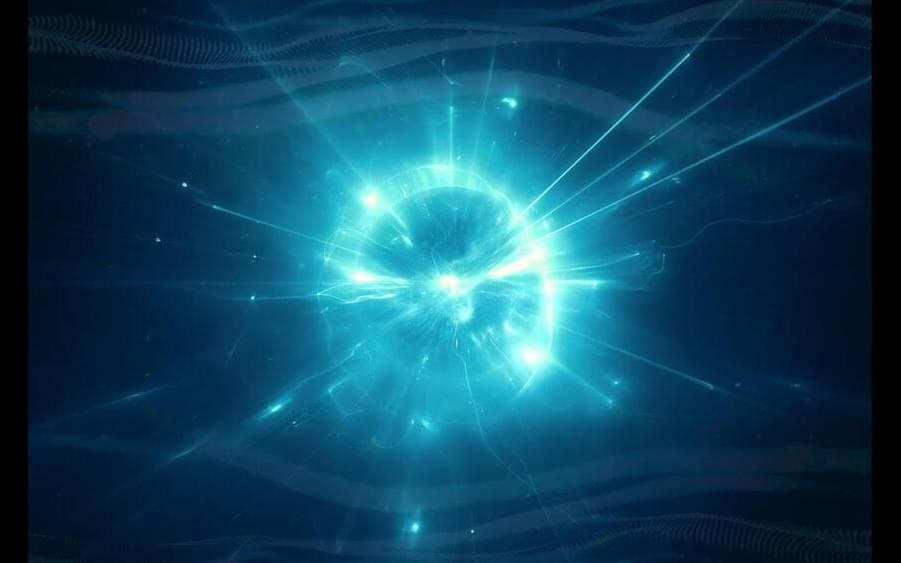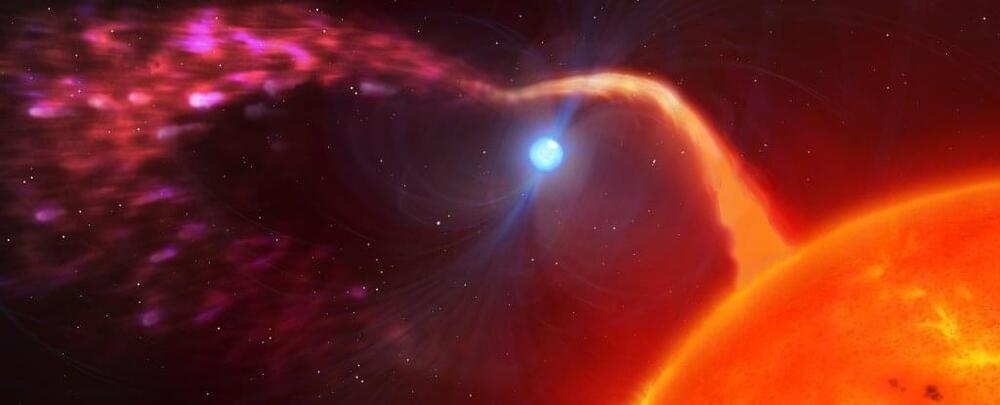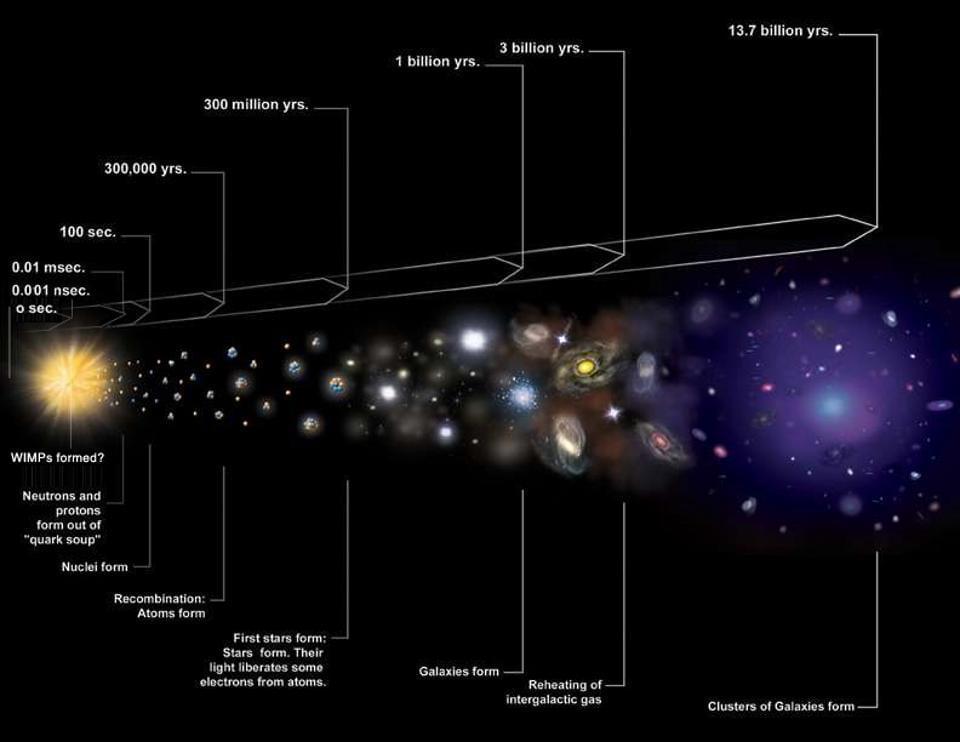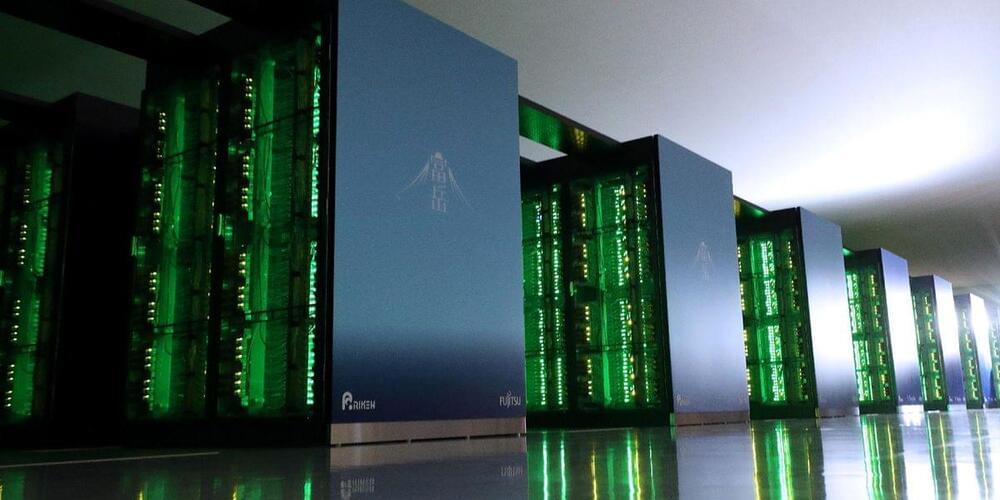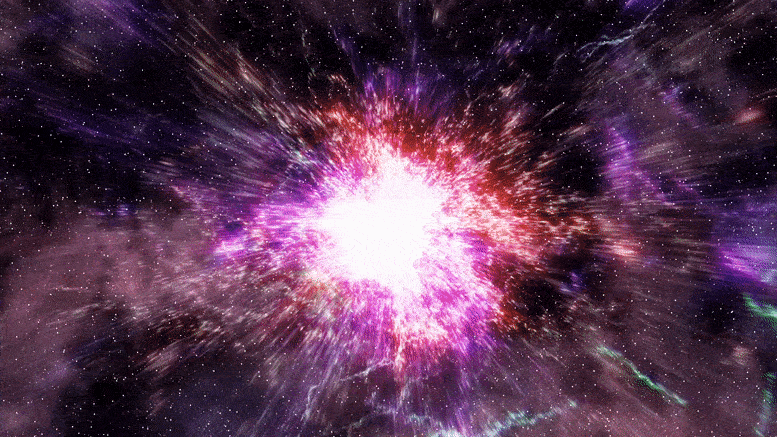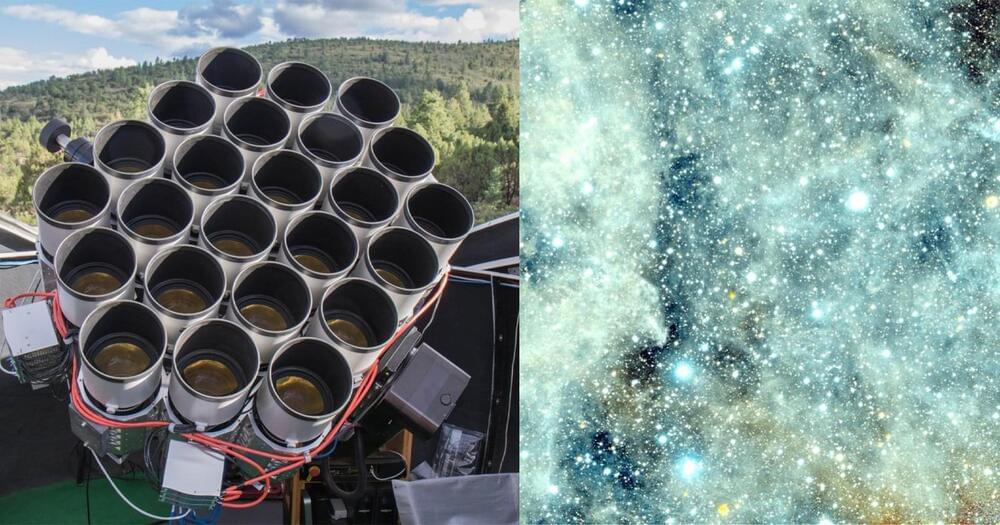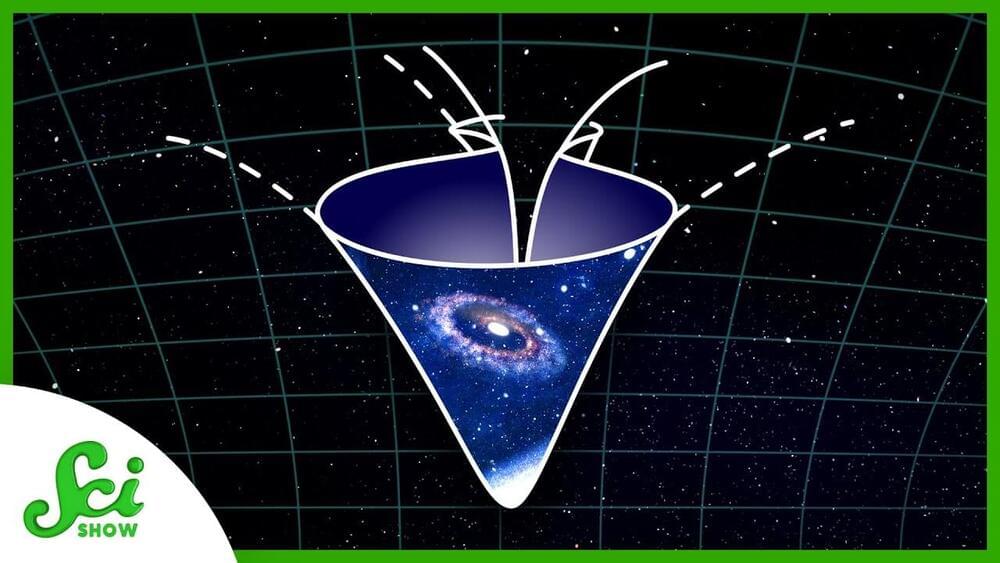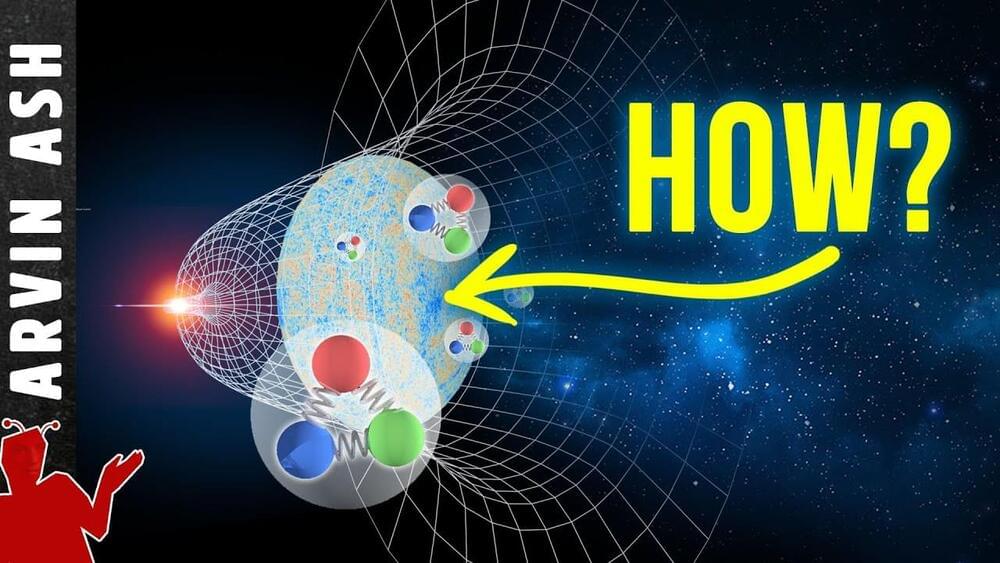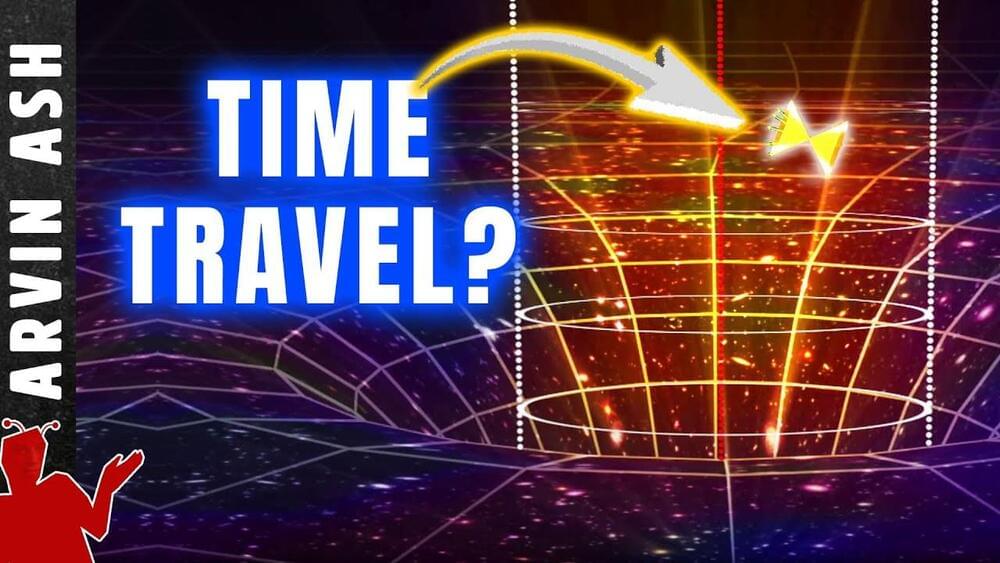Nov 26, 2021
Spiderweb as inspiration for creating of one of the world’s most precise microchip sensors
Posted by Dan Breeden in categories: cosmology, internet, nanotechnology, quantum physics, robotics/AI
A team of researchers from TU Delft managed to design one of the world’s most precise microchip sensors. The device can function at room temperature—a ‘holy grail’ for quantum technologies and sensing. Combining nanotechnology and machine learning inspired by nature’s spiderwebs, they were able to make a nanomechanical sensor vibrate in extreme isolation from everyday noise. This breakthrough, published in the Advanced Materials Rising Stars Issue, has implications for the study of gravity and dark matter as well as the fields of quantum internet, navigation and sensing.
One of the biggest challenges for studying vibrating objects at the smallest scale, like those used in sensors or quantum hardware, is how to keep ambient thermal noise from interacting with their fragile states. Quantum hardware for example is usually kept at near absolute zero (−273.15°C) temperatures, and refrigerators cost half a million euros apiece. Researchers from TU Delft created a web-shaped microchip sensor that resonates extremely well in isolation from room temperature noise. Among other applications, their discovery will make building quantum devices much more affordable.

